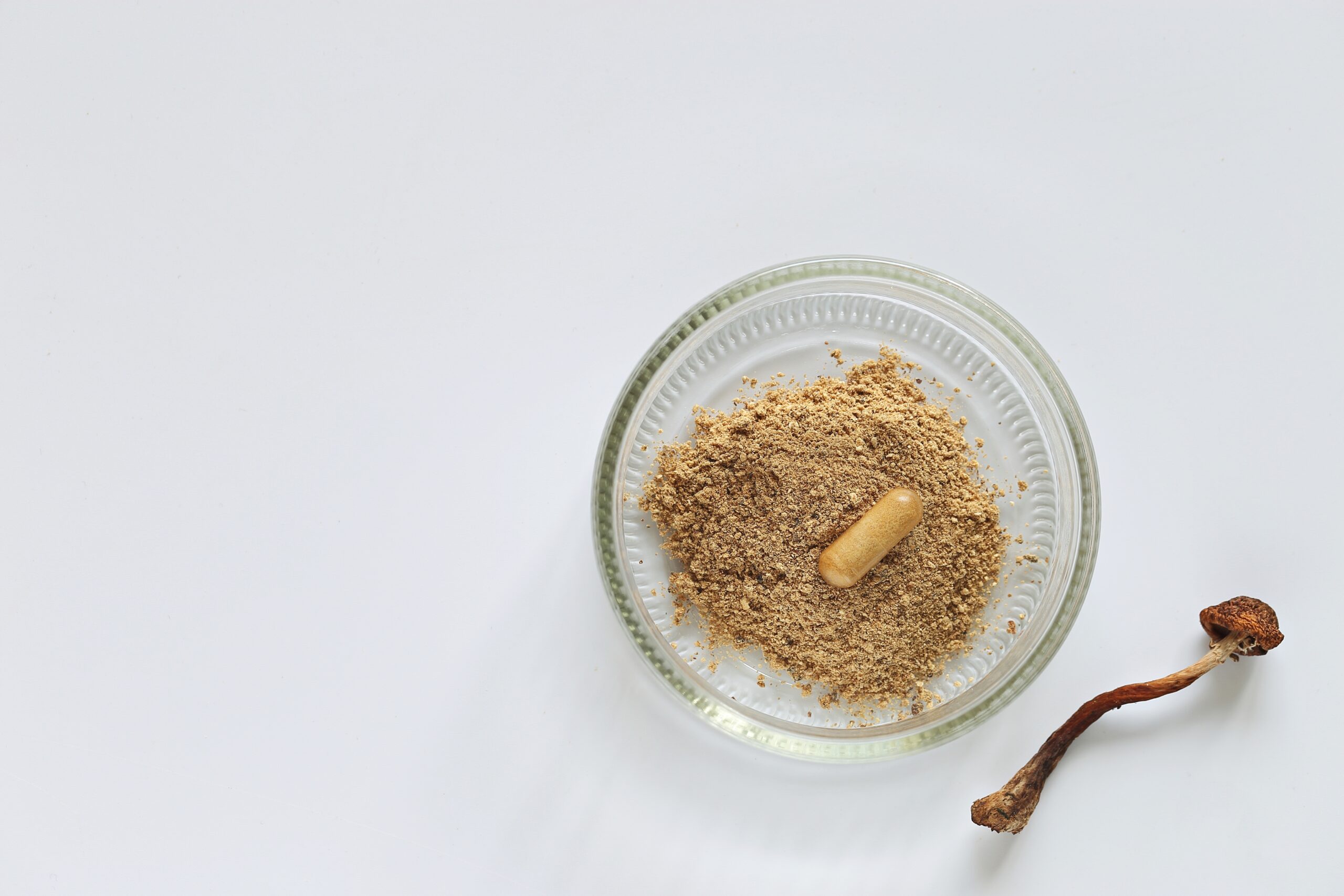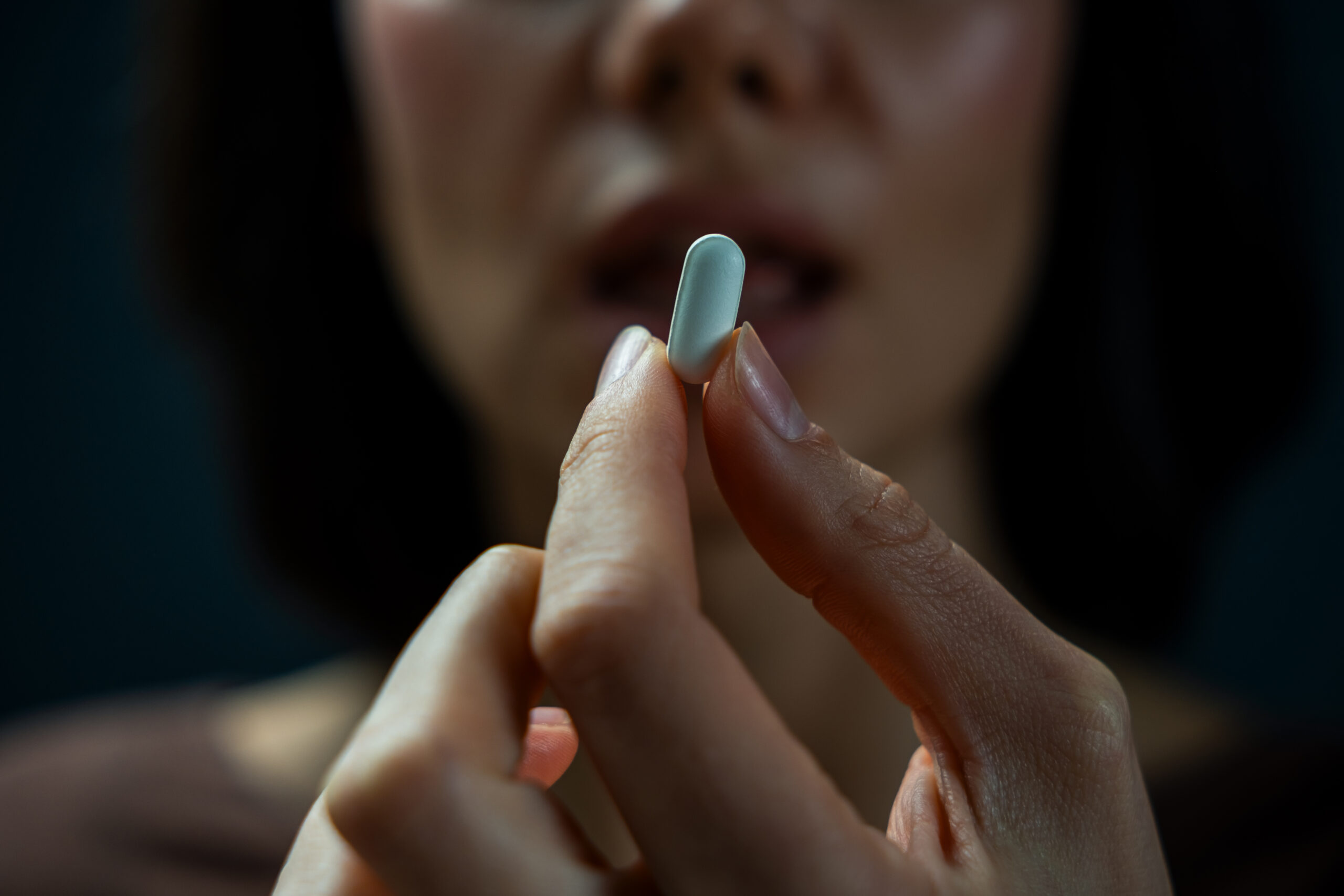When Casual Drug Use Becomes Drug Abuse

According to a study conducted by the Pew Research Center, 46 percent of Americans have a close family member or friend who struggles with an addiction. Drug abuse statistics are staggering, but the good news is that full recovery is possible.
Regardless of which substance a person becomes addicted to, professional treatment can place life-long sobriety within reach. First, it’s important to educate yourself on what drug abuse is. Knowledge will equip you to find healing for yourself or a loved one.
What is drug abuse?
According to Mayo Clinic, drug abuse is a disease that impacts an individual’s brain and behavior and is characterized by uncontrollable urges to use licit or illicit substances. When referring to drug addiction, some people will consider alcohol a drug.
Drug use begins via prescription drugs (such as opioids for pain relief) or as recreational usage. Due to the addictive nature of many substances, the body starts to crave greater quantities of the drug, all the while developing a tolerance to the effects of the substance.
Define drug abuse
Generally, the term “drug abuse” is any problematic usage of substances. A “substance use disorder” is when the issue has escalated in severity to the extent it can be clinically diagnosed. “Drug addiction” is the most dangerous form of substance misuse. However, these terms are generally interchangeable in regular conversation.
Johns Hopkins Medicine also defines drug abuse as substance use that causes significant problems or distress. While a person may claim drugs do not cause functional interference, addiction always causes harm, even if it’s difficult to see on the surface.
How does drug abuse happen?
Historically, falling into drug addiction has been considered a moral failure. In recent decades, a boom in addiction research has changed the scientific understanding of drug abuse, but the taboo still lingers.
The truth about addiction is that it involves brain chemistry more than having a strong will. While the first few uses may have been a personal choice, by the time an addiction has developed, agency has long since been out of the question.
When a substance is consumed, the brain experiences a rush of pleasurable feelings brought about by neurotransmitters like dopamine and serotonin. Only these neurotransmitters are synthetic rather than natural. Usually, the chemicals are stronger than the naturally occurring ones in the brain.
The brain then associates these positive sensations with the use of the drug, and mental pathways are carved deeper and deeper with each use. While this is occurring, the body is building up a tolerance and adapting to the presence of the drug. A body will then require more and more of the substance for the user to experience the same pleasure or pain relief.
Drug abuse may start off casually, but it often escalates before a person notices what is happening. Sadly, many addictions develop from legal use of prescription medication. Using one substance can also lead a person to seek out more potent drugs when a tolerance to the first has built up.
How do I know when casual drug use has become an addiction?
If you’re wondering how to define drug abuse, it’s likely there’s another question on your mind: is my drug use considered drug abuse? There’s no one size fits all equation to determine whether you’re struggling with a substance use disorder. Only a medical or mental health professional who knows your situation can answer that.
However, there are some things to consider that can give you some guidance. First, recreational substance use happens infrequently. If you’re using addictive substances several times a week or even several times a day, it’s unlikely that your substance use habit is casual.
Second, addiction causes uncontrollable urges to use drugs. If you feel that your behavior has spiraled and you have trouble reining in your thoughts about obtaining and using drugs, your recreational use has gone too far.
Still unsure if you’ve fallen prey to drug abuse? Try abstaining from all drugs for a month. If you’re unable to, drugs may have more power over you than you think. It’s time to start treatment.
How is drug abuse treated?
The first line of treatment for drug abuse is psychotherapy. This is talk-therapy that occurs in groups or one-on-one. Several frameworks of psychotherapy have proven to be effective in treating addiction, cognitive behavioral therapy being the foremost among them.
Often, medication-assisted treatment is combined with addiction therapy. These medications are approved by the United States Food and Drug Administration, and they work by blocking certain neurotransmitters, so cravings are reduced and were a person to relapse, he or she would not experience a high.
How do I start treatment?
It’s not easy to define drug abuse on your own, or to determine if what you’re facing requires intense intervention. It’s always best to consult with a professional if you think your casual drug use has escalated.
If you’re looking for treatment for yourself or a loved one, check out Silver Ridge Recovery. Silver Ridge Recovery is a premiere addiction treatment center, catered to midlife adults who are ready to start the journey towards sobriety. At Silver Ridge, you can find the healing you’ve been dreaming of. Call today.








